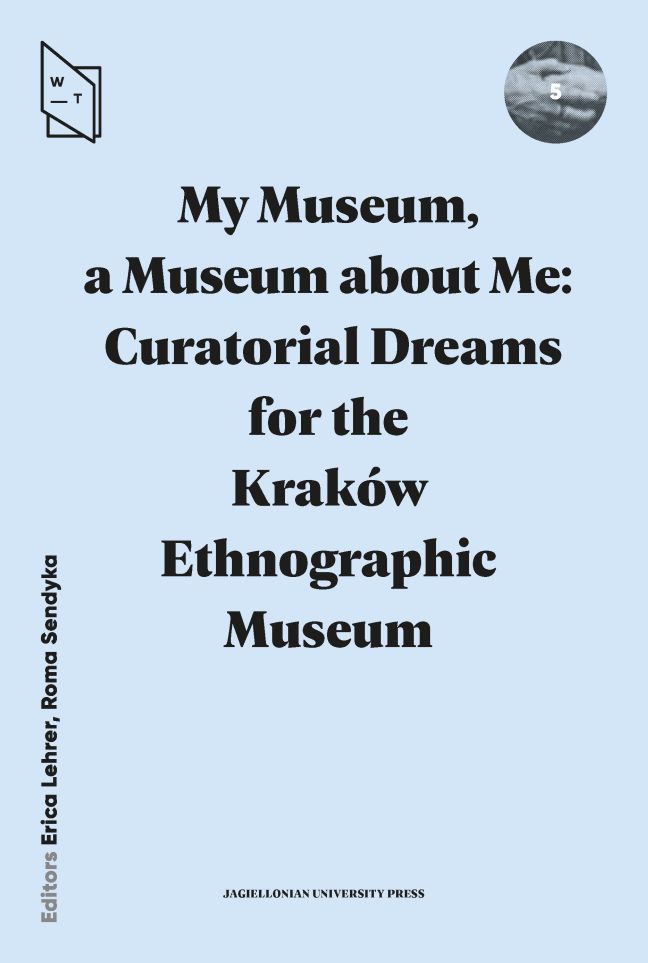Workshop Reflections: To Play, Ponder, and Plan
Published online by Cambridge University Press: 01 March 2024
Summary
Curatorial Dreams are, paradoxically, both ephemeral and concrete. In our volume Curatorial Dreams: Critics Imagine Exhibitions, my co-editor Erica Lehrer and I cajoled academics to translate their social science and humanities research into imagined exhibitions, or, more precisely, fragments of exhibitions—what we call “exhibitionary moments.” This was an exercise in imagination, but it was also terribly concrete. We asked our contributors: Where is your exhibit located? What are its key objects, images, artifacts, or artworks? Who is the presumed audience? How will it be developed? What curatorial strategies will be deployed? Contributors positioned themselves theoretically, but did so as a starting point for constructive, three-dimensional, multi-sensorial engagement. They could not hide behind theoretical scaffolding or critiques of other exhibitions. We discovered that the curatorial maxim “show don't tell” is challenging for scholars who are trained to write. Despite these demands, Curatorial Dreaming's suspension of typical constraints (financial, political, logistical) emboldens scholars and museum professionals to play, ponder, and plan.
I had the honor and pleasure of conducting a Curatorial Dreaming workshop with Dr. Roma Sendyka's graduate students in Polish Studies at the Jagiellonian University in March 2017. Every Curatorial Dreaming workshop is unique: some are oriented toward translating research into exhibitions. Others engage curators, educators, artists, and community activists who seek to enhance and challenge museums and galleries. In Kraków, the students with whom I worked had already embarked on planning an intervention for the Seweryn Udziela Ethnographic Museum of Kraków (MEK). We toured the nineteenth- century ethnographic museum led by curator Magdalena Zych, and then convened at the fourteenth-century university to workshop the collective project of pluralizing the vision of Polishness offered by MEK's permanent exhibition. The students, several who are emerging curators, began by communicating their project proposals to me—an engaged but outside interlocutor—as well as to other Canadian colleagues, and peers from the local university and arts community.
“Workshop” can be both noun and verb; the sense of active workshopping was most apparent in this instance, as we exchanged ideas about Polish history, identity, legacies of the past, and strategies of representation.
- Type
- Chapter
- Information
- My Museum, a Museum about MeCuratorial Dreams for the Kraków Ethnographic Museum, pp. 45 - 50Publisher: Jagiellonian University PressPrint publication year: 2023



